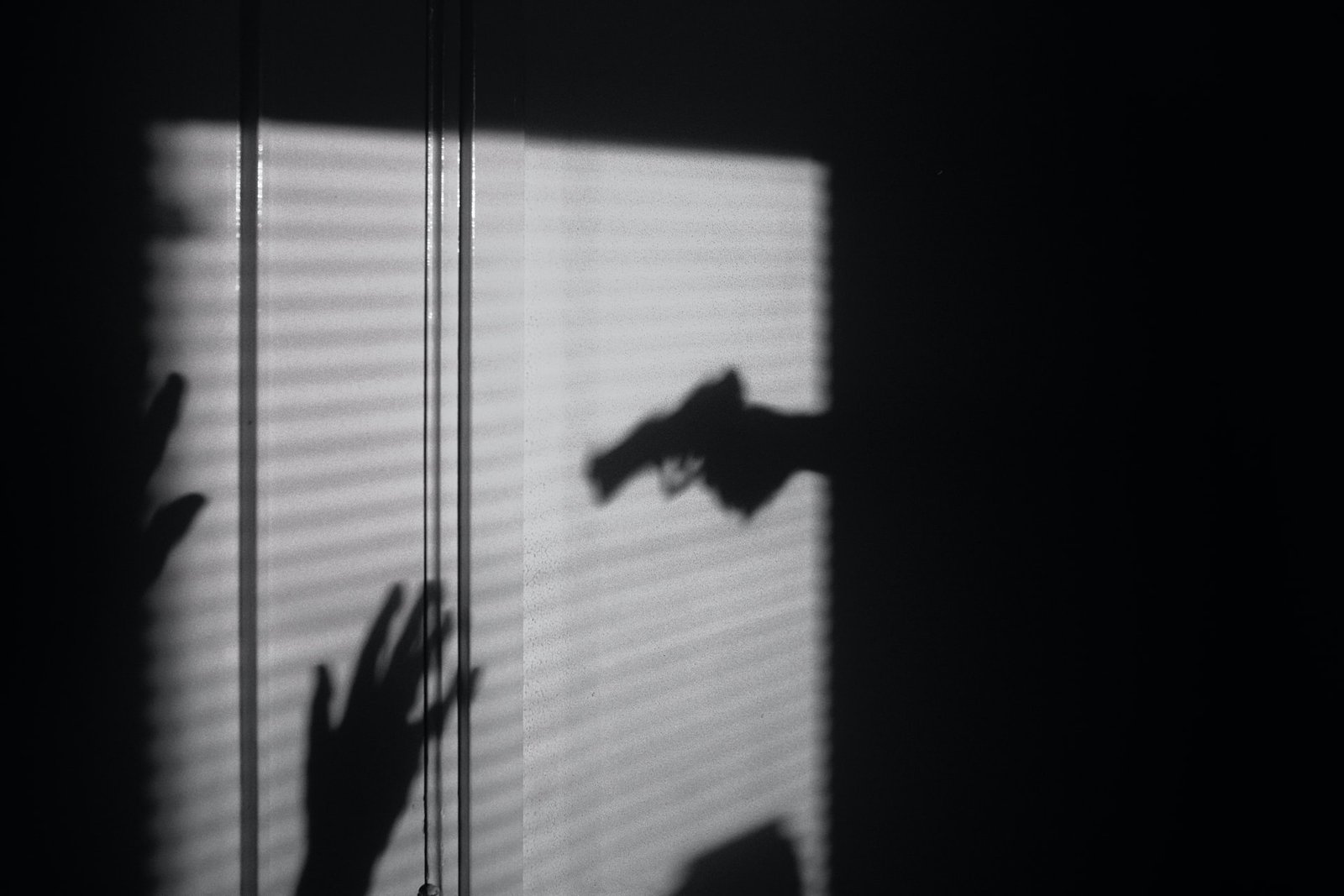The majority of studies show that there is a correlation between crime rates and background checks. For example, the National Institute of Justice conducted a study in 2009 that found that background checks reduce crime rates by up to 70%. The study looked at data from the FBI’s National Instant Criminal Background Check System (NICS) and found that states with the most comprehensive background check systems have lower rates of gun-related homicides.
In addition, a study by the Center for American Progress found that background checks prevented 2.4 million gun sales to criminals and other dangerous people between 1994 and 2015. The study also found that background checks are more effective at preventing gun violence than other gun control measures, such as bans on assault weapons or high-capacity magazines. Background checks are also effective at preventing other types of crime. For example, a study by the National Employment Law Project found that criminal background checks reduced the number of job applications that contained false information by 50%.
Overall, the evidence suggests that background checks reduce crime rates by preventing criminals and other dangerous people from acquiring firearms and other weapons. Keep reading to learn more about the impact of background checks on crime rates.
Types of Background Checks

One type of criminal background check is a name-based check. This type of check uses the name and date of birth of an individual to check the criminal history of that person. People search services like GoLookUp allow one to look up public records for further information on an individual simply by searching by name, address, or phone number. Many states use name-based background checks for gun purchases.
Another type of criminal background check is a record check. This type of check uses state and federal records to check the criminal history of an individual. Records checks are often used for employment purposes. Employers use records checks to determine whether an individual has a criminal history that would disqualify them from getting employment. But one criticism of criminal checks is that they are not foolproof. For example, people can still obtain firearms even if they have a criminal record in specific states.
Despite the criticisms, history checks are a valuable tool and have been shown to be effective in reducing crime rates. Background checks are beneficial because they help to ensure that people who are prohibited from owning firearms do not have access to them. They also help to ensure that people who are convicted of crimes are not able to work in certain industries that involve contact with vulnerable populations, such as children or the elderly.
Impact of Background Checks on Gun Violence

A study conducted by the Johns Hopkins Center for Gun Policy and Research suggests that background checks do in fact have a significant impact on crime rates. The study looked at data from all 50 states between 1991 and 2015. They’ve found that states with background check laws experienced significantly fewer gun-related deaths.
This is likely due to the fact that checking someone’s background can help keep guns out of the hands of people who are not legally allowed to possess them. This includes people with a history of mental illness or domestic violence, as well as those who are not allowed to own a gun due to state law. It is important to note that the study found that the impact of background checks was not uniform across all states.
For example, states with more comprehensive laws tended to see a larger reduction in crime rates. This suggests that, while history checks are not a silver bullet, they can be an effective tool in reducing gun violence. By keeping firearms out of the hands of criminals, background checks can help to make our communities safer.

